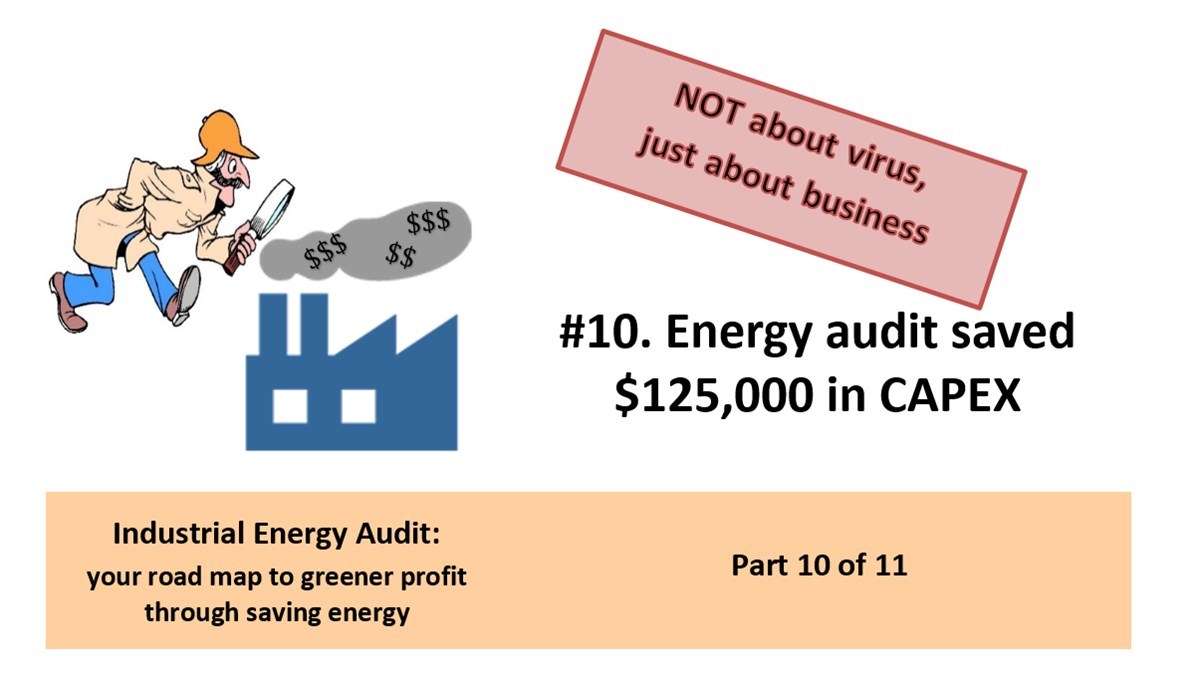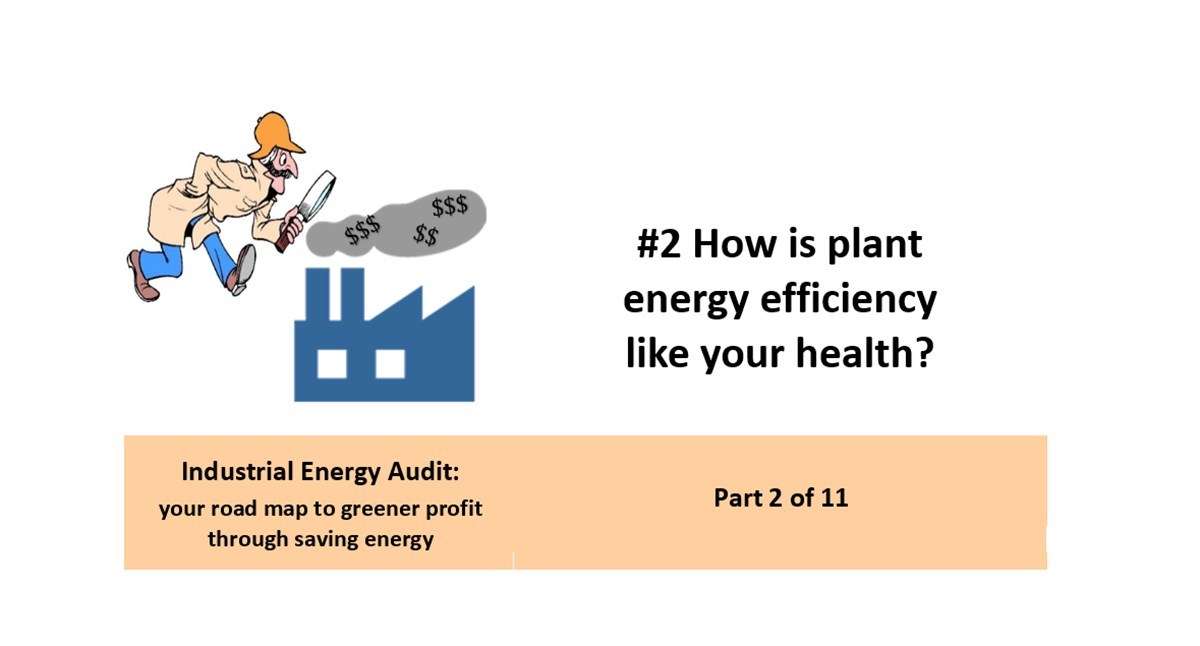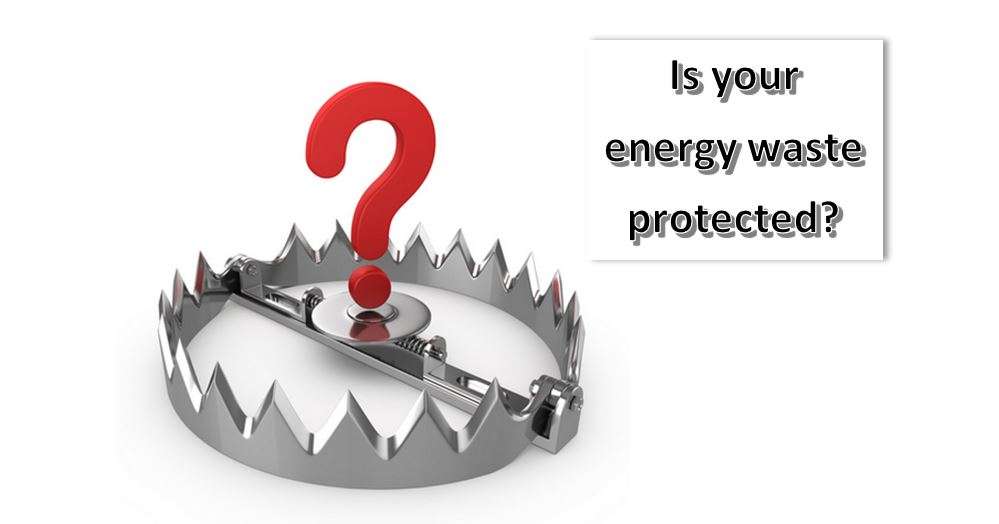Finding energy saving opportunities can be fun if done right. It can be enjoyable and productive. Direct and indirect business benefits typically result from noticing where energy can be used better or used less: at industrial setting energy is meant to be used to produce something by powering machinery, when machinery does not produce the product it is being worn for no reason. In financial terms, wasted energy is effectively used to fasten wear and tear as well as increase maintenance cost. Energy is blood of production.
Good news is that many energy saving opportunities are easy to spot if one looks at the right time and with a right mind set. I once shadowed Darren Borden of Weston Foods during energy audit of baking facility. I found his approach both simple (not simplistic!) and effective. When looking at piece of equipment he would ask a series of questions like:
– does this piece (pump, fan, motor, conveyor, heater, cooler) have to be working now? at what mode? what procedure ensures the right mode?
– given the state of production process, should this pipe be hot, warm or cold? should this valve be closed, open or controlled with something?
– corrosion on indoor pipe indicates regular condensation even if the pipe is dry now, why would condensation happen?
Basically his approach boils down to asking if what he observes is right in terms of energy use. Sounds simple, but to answer this question one needs to understand how the machinery is supposed to work at different stages of production process.
Finding energy saving opportunities is easier when the facility is not operating due to sanitation, maintenance or holiday. This easier way out find the energy saving opportunities has been implemented at Merck facility at Boston and briefly described in the article linked below. Here is how the Energy Treasure Hunt was described by Enernoc:
Energy Treasure Hunts are a best practice activity that ENERGY STAR recommends to identify no- and low-cost savings opportunities and build stronger energy teams. The concept of Energy Treasure Hunts emerged as Toyota’s lean manufacturing process was adapted by organizations like General Electric as a way to continuously improve operations and reduce waste. For Merck, Energy Treasure Hunts not only foster a culture of energy savings throughout the organization by connecting the building operations team, occupants, and outside vendors and consultants together to identify energy waste – but also help the company save big on energy bills.
The hunt for energy saving treasures is even more effective when combined with analysis of energy use data, since auditor is present at the facility for a short period of time while meter and data logger sit there all the time.
Hunting for Energy Treasure at Merck.








Leave A Comment